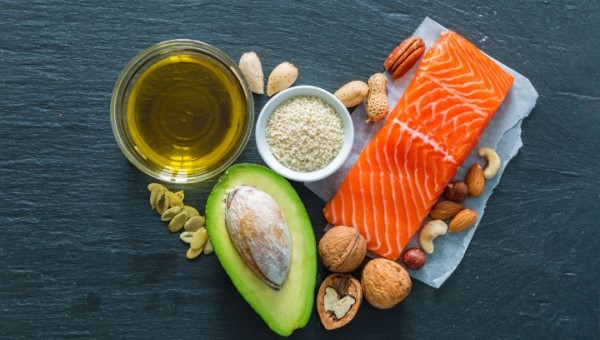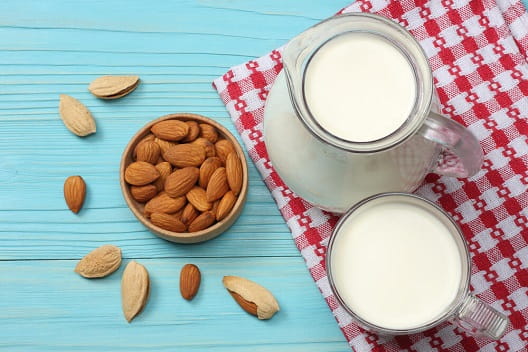Trying to eat a healthier diet that includes less fat? It’s important to remember that not all fats are created equal. Some fat is necessary for our bodies to work like they should, and certain fats are downright bad fat!
Good fats
Most unsaturated fats, or “good” fats, come from fish, nuts, seeds and vegetables. These fats are liquid at room temperature due to a different chemical makeup at the atomic level. There are two types:
Monounsaturated fats
These healthy fats come from olive, peanut, safflower, sunflower and canola oils, as well as from avocados, nuts and nut butters. Benefits of eating monounsaturated fats include:
- Reduced risk of heart disease
- Lower blood sugar and insulin levels
- Improved cholesterol levels
Polyunsaturated fats
These are “essential” fats, which means that they’re necessary for our bodies to function normally, but we can’t make them (so we have to eat them). Included in this category are:
- Omega-3 fatty acids from fish like salmon, trout, tuna, mackerel, herring and sardines, as well as from eggs and some plant oils
- Omega-6 fatty acids found in vegetable oils like corn, soybean, safflower and sunflower
These types of fats help keep individual cells healthy, and are important for proper nervous system function, normal blood clotting, control of inflammation and normal muscle movement. They have also been shown to improve heart health and reduce the risk of diabetes.
Bad fats
Trans fats are the worst kind, made by a process called hydrogenation that turns healthy oils into unhealthy solid fats. They taste amazing, but have no known health benefits, and contribute to serious health problems like:
- Increased LDL (bad) cholesterol
- Inflammation
- Heart disease
- Stroke
- Diabetes
Because trans fats are so bad for you, the United States officially banned them in June 2018.
Kind-of bad fats
Saturated fats aren’t the healthiest type, but they certainly aren’t as bad for you as the human-modified trans fats. These are solid at room temperature and can be found in red meat, other meat products (like bacon grease), coconut and palm oils, whole milk and other dairy foods made from whole milk. Eggs contain some saturated fat, but their dense nutrient profile keeps them on the American Heart Association’s “good” list.
These fats can raise LDL cholesterol, contributing to heart disease, although recent research has muddied the waters a bit on the link between saturated fats and disease. While you probably don’t have to totally eliminate saturated fats from your diet, it’s better to replace them with healthier fats when possible.




